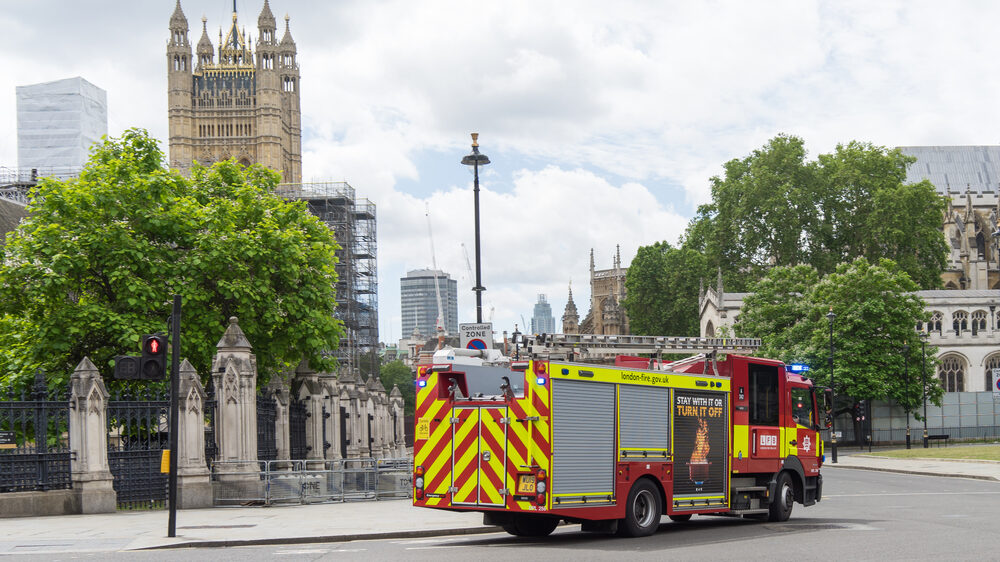Fire and safety industry responds to UK Spring budget
- March 16, 2023
- 9:54 am


Iain Hoey
Share this content
Organisations representing people in the UK fire and safety industries have responded to the Government’s Spring Budget.
Chancellor of the Exchequer Jeremy Hunt presented his 2023 Spring Budget to Parliament on 15 March. It highlights weak UK economic growth and high inflation. In his speech, Hunt said the Budget will tackle the UK’s productivity issues including having lower business investment and higher economic inactivity than other similar countries.
The Chancellor focused on the four pillars of his industrial strategy: Enterprise – supporting business; Employment – encouraging more people into work; Education – providing people with skills; and Everywhere – growth across the UK.
‘The government has learned nothing’
Commenting on the 2023 Budget, Fire Brigades Union general secretary Matt Wrack said that the government has ‘learned nothing’ after nearly a year of industrial disputes, caused by its attempts to cut the wages of firefighters, rail workers, NHS staff, postal employees and teachers.
Wrack said: “Firefighters forced the employers into making an improved pay offer on the back of an overwhelming vote for strike action.
“However, just over a week after this dispute was settled, the Tories are at it again, with a Budget that adopts the same cuts driven approach to public sector pay and services.
“The Chancellor has stuck up two fingers to workers with this Budget that does nothing for the low paid and poverty-stricken families during the cost-of-living crisis
“Once again Jeremy Hunt and the similarly ultra wealthy Prime Minister are making workers pay for the economic mayhem caused by the notorious mini budget last autumn, which sought to give tax handouts to the rich at the expense of the rest of us.
“The Chancellor’s budget is more of the same from the Tories, after 13 years of austerity.
“The Fire Brigades Union will resist any attacks on the pay, conditions and jobs of our members, as well as cuts to services.”
‘We are calling on the Government to go further‘
Paul Fakley, Engagement Director at British Safety Council, said: “Well over a million people in the UK say they would like to work but are currently ‘economically inactive’, which is why actions taken to reduce barriers which prevent many people staying in or returning to work are welcome. This includes better support and incentives for disabled people, those with long-term health conditions, the over 50s and parents of young children.
“We know the biggest cause of ill-health or absence from work is stress or poor mental health, followed by muscular-skeletal disorders, so the extra money and support announced here is positive, as is funding to help prevent suicide. There was also some extra funding announced for SMEs to provide occupational health support.
“The cost of living will continue to have a big impact on people’s wellbeing, despite the projected fall in inflation this year. Some employers can’t match this with pay increases, but there is much they can still do to support their staff, through financial awareness, flexible working and other incentives like vouchers and rewards.
“We know that good work is good for our mental and physical health, and employers have a vital role in improving the wellbeing of their staff both in and outside of work, which is why we are calling on the Government to go further and develop a National Wellbeing Strategy.”



